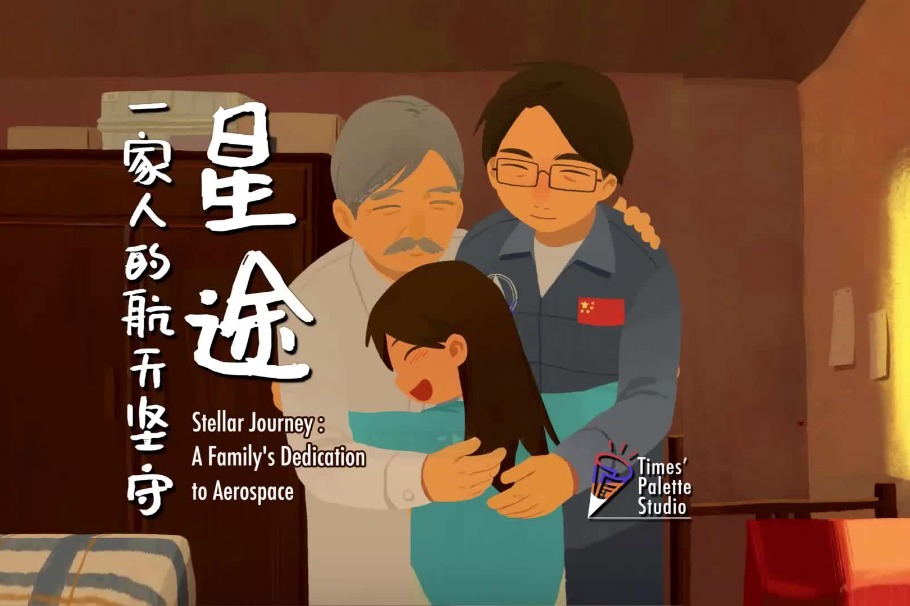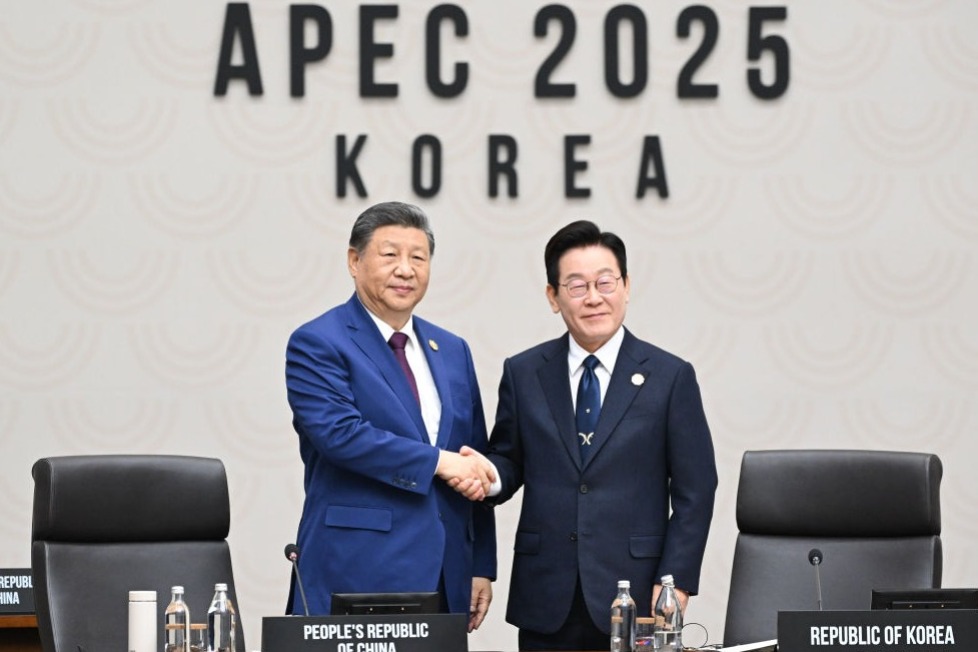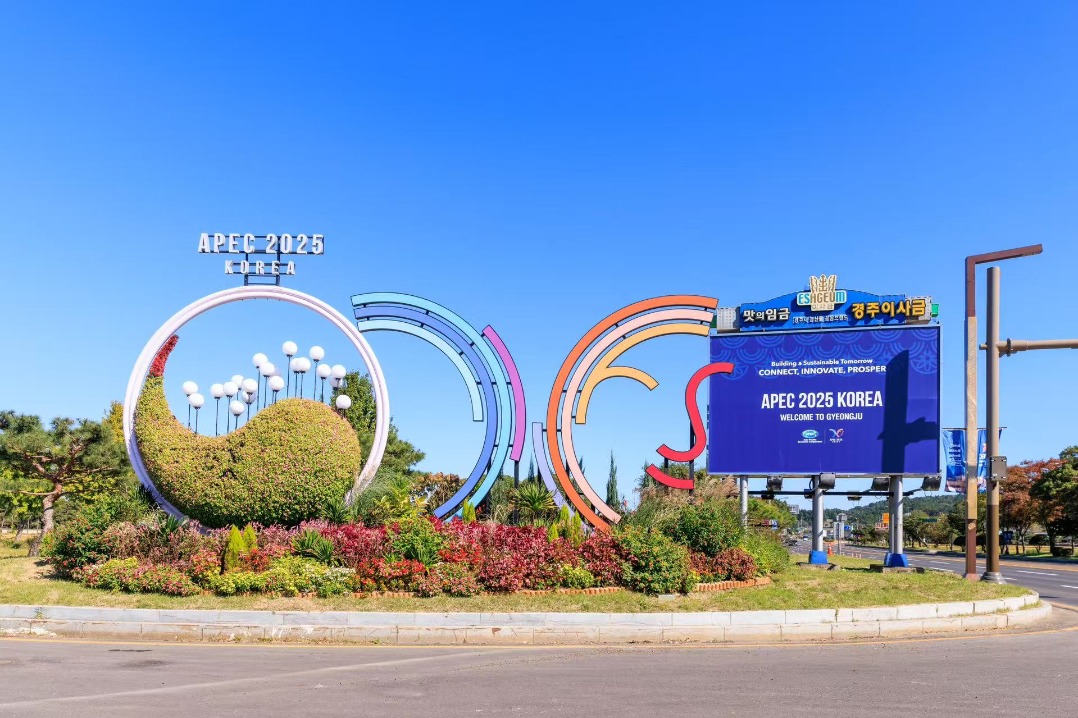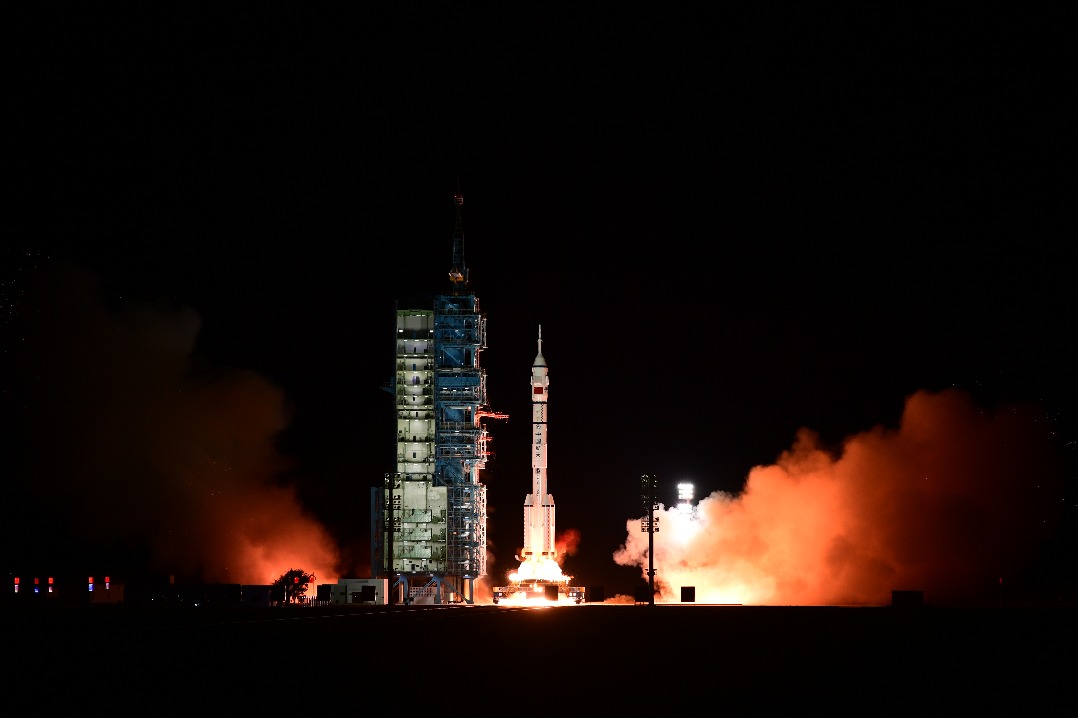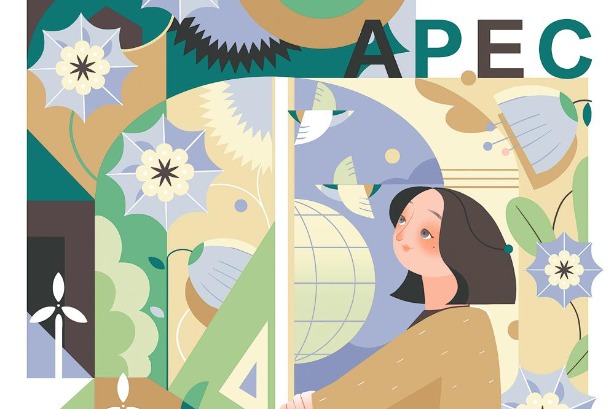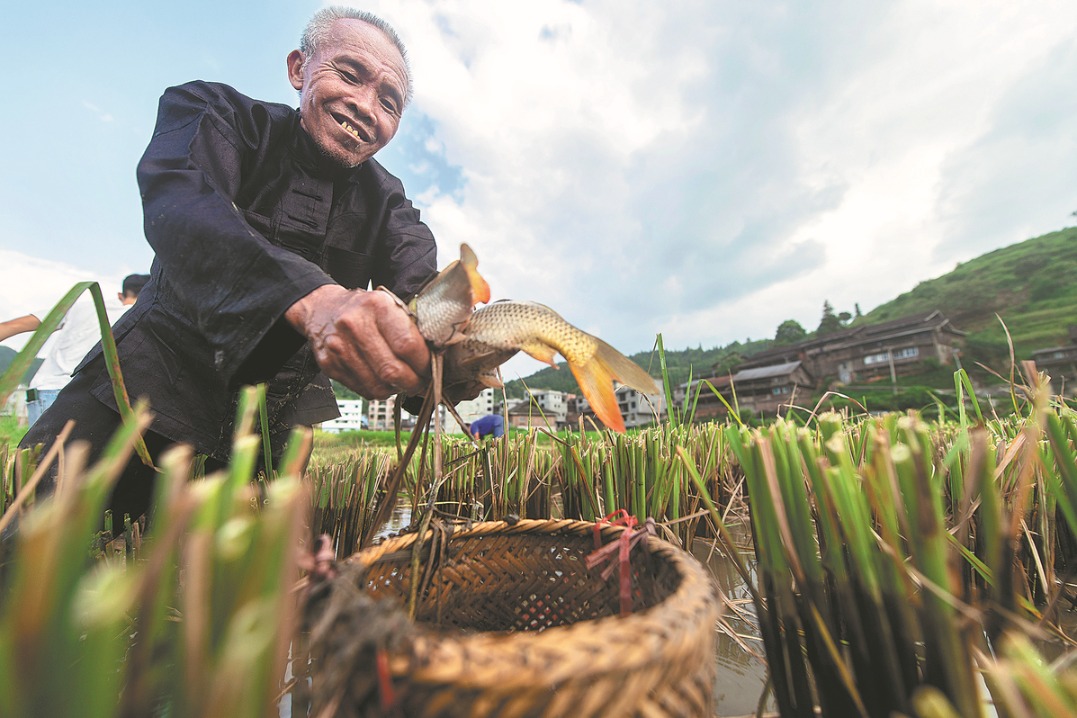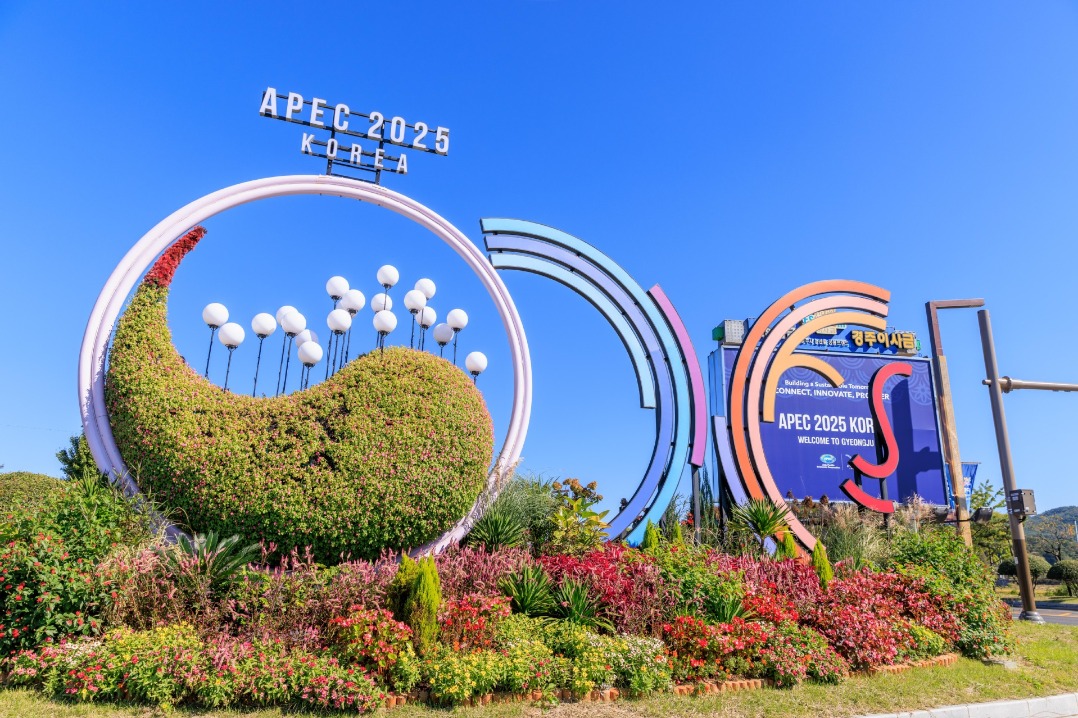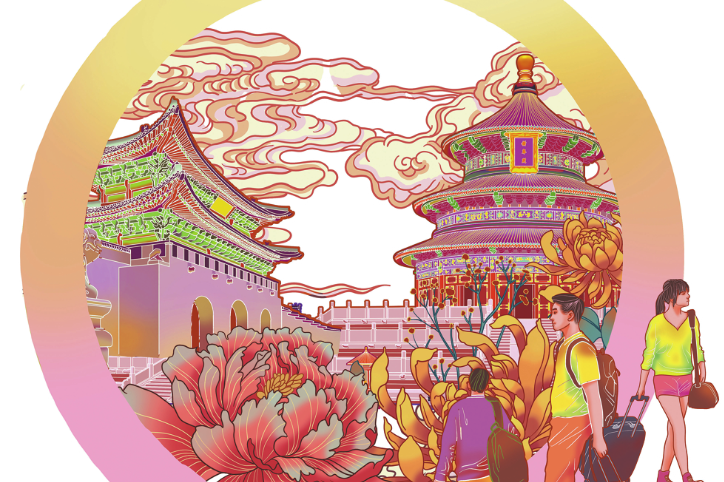K-pop echoes ancient Korean lyrical ties with China

Inclusive growth, one of the key goals of the Asia-Pacific Economic Cooperation, cannot be achieved through trade and investment alone. It demands deeper cultural understanding and stronger people-to-people ties. This insight was clearly expressed in the APEC Connectivity Blueprint adopted at the 2014 APEC meeting in Beijing. The rich history of cultural interaction between China and the Republic of Korea, from the ancient Korean scholar Choe Chi-won to the global popularity of K-pop, shows how shared culture can drive inclusive and sustainable growth across the region.
Gyeongju, the venue of this year's APEC meeting, was the capital of the ancient Silla kingdom about 1,000 years ago. It sent numerous envoys and scholars to China during the Tang Dynasty (618-907). These exchanges not only took back ideas and knowledge, but also the essence of Chinese civilization, which helped shape East Asia's shared cultural foundation.
One of the most prominent scholars to visit China was Choe Chi-won, often regarded as the first bridge between China and Korea. At the age of 12, he traveled to China to study, and passed the imperial examination when he was 18. Choe later served as an official in China before returning to Korea at 28 as a royal envoy. In Yangzhou of Jiangsu province, Choe's poetic exchanges with Tang literati are a celebrated chapter in the literary history of both countries.
Yangzhou, which was Choe's "second hometown", has become a living monument to this heritage. The city revived his legacy through a memorial museum, academic symposia and cultural pilgrimages by his descendants from Gyeongju. The memorial museum for Choe has become a hub for China-ROK cultural exchanges, hosting exhibitions about the scholar and collaborating with ROK institutions on conferences. Many ROK politicians, business leaders and celebrities have participated in these activities.
At the memorial ceremony in Yangzhou in October 2024, the Gyeongju Choe clan association's chairman Choe Cheon-gyu expressed hope that the understanding and goodwill becomes another bridge that links peoples and promotes lasting friendship and partnership between the ROK and China. The annual memorial ceremonies symbolize a bridge of understanding that promotes solidarity and deepens people-to-people ties between the two countries.
While Choe's legacy remains historically significant, it reflects the limits of those days. In those times, cultural exchanges were largely unidirectional from the advanced Tang civilization to Silla, with only the elites participating.
But times have changed and the new era demands new forms of exchange that are genuinely people-centered and broadly inclusive. The terms Chinese style and Hallyu (Korean wave) symbolize the dynamic cultural interaction between the two countries. K-pop, the most vibrant representative of the Korean wave, resonates with the younger generation eager for self-expression. Tickets to K-pop concerts in China sell out within minutes, and Korean pop idols have become household names.
Behind this phenomenon lies a strategic vision: the ROK's decision to treat cultural creativity as a strategic pillar of its industry. Integrating business management with artistic innovation has helped make the ROK one of the world's top creative economies in record time.
Today, the Korean wave and the Chinese style compete and collaborate in equal measure. ROK television dramas once dominated Chinese screens, while Chinese historical series now have loyal audiences in the ROK. It's a healthy cultural competition that drives both sides to improve.
Such exchanges are not merely cultural, but have economic consequences as well. Chinese and Korean companies are deepening cooperation. In recent years, Chinese investors have poured billions of yuan into entertainment companies in the ROK, blending Chinese capital and cultural heritage with Korean creativity.
As protectionism spreads and supply chain fragmentation hampers Asia-Pacific integration, deeper economic cooperation must rest on mutual understanding. This requires cultural connectivity, the least tangible but most enduring form of linkage. APEC has historically paid limited attention to this dimension. The progress made by the APEC Connectivity Blueprint for 2015-25 remains below expectations.
The ROK recognizes the importance of cultural ties for achieving the APEC Putrajaya Vision 2040. It is focusing on stronger physical, institutional and people-to-people links to build an open and resilient Asia-Pacific region. The story of Choe Chi-won reminds us that learning across borders is the surest path to progress.
The author is an associate professor at the School of International Studies of Nanjing University.
The views don't necessarily reflect those of China Daily.
If you have a specific expertise, or would like to share your thought about our stories, then send us your writings at opinion@chinadaily.com.cn, and comment@chinadaily.com.cn.
















